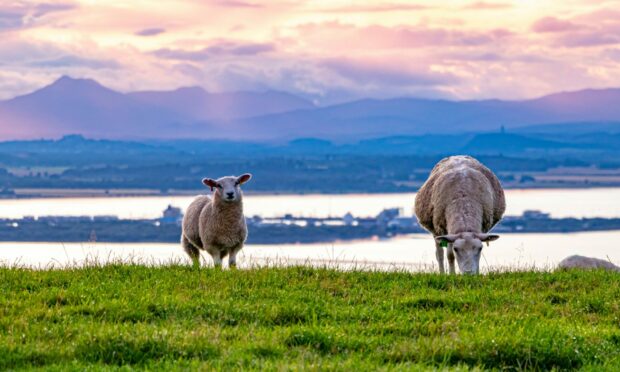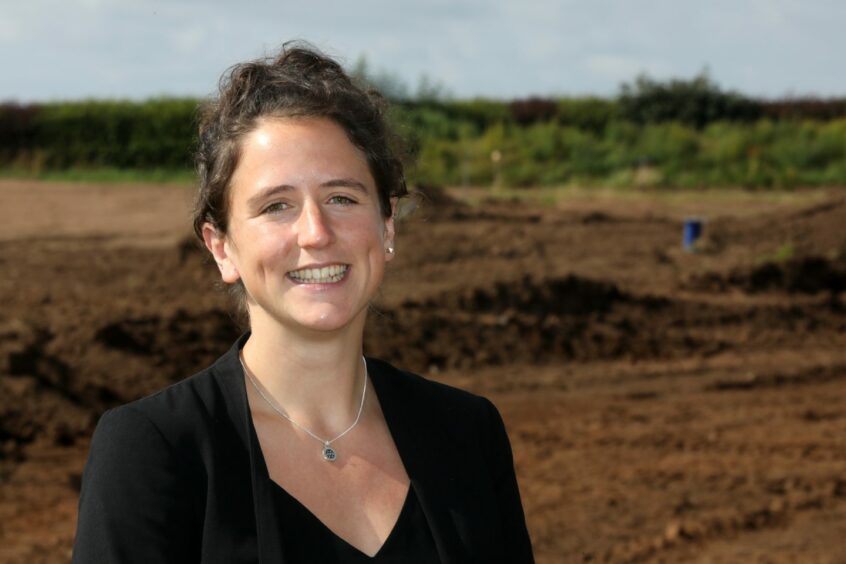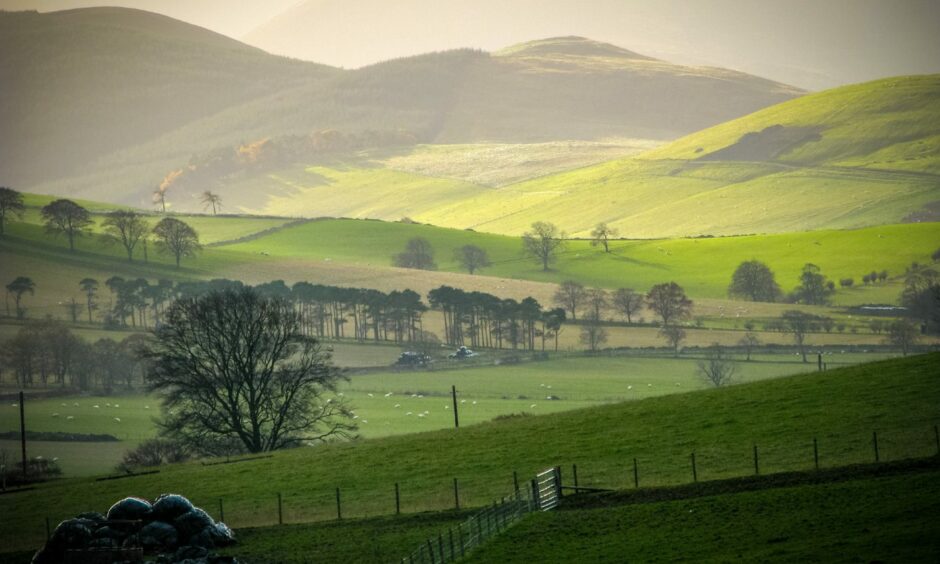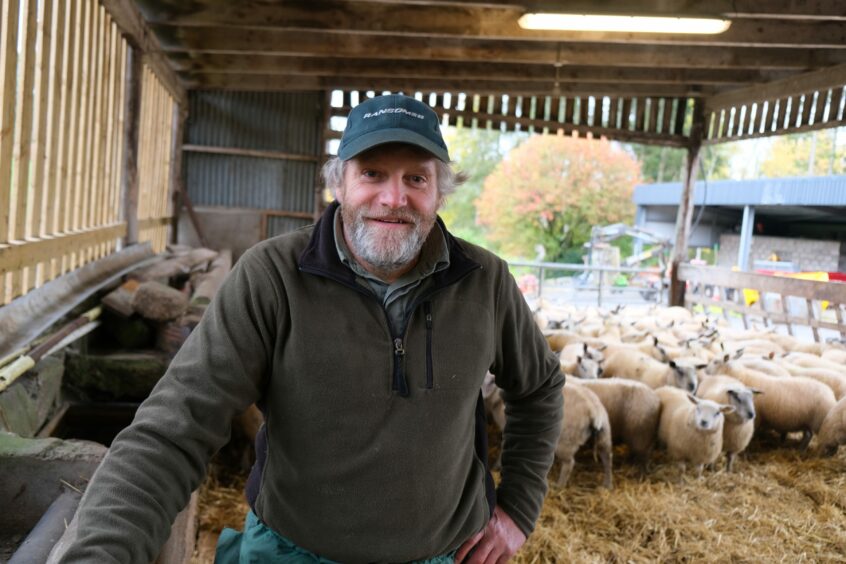The Scottish Government has finally delivered a clear steer on the direction of future farm support, with the unveiling of a £51 million transition package and the firm commitment that future policies will not promote a reduction in livestock numbers.
The £51m will fund a three-year National Test Programme to help farmers understand how their work impacts on climate and nature, and will include financial support to carry out individual carbon audits, nutrient management plans and the establishment of a scheme for compiling livestock performance data.
The first stage of the programme is intended to allow producers who are receipt of a basic agricultural support payment to make a start in addressing and reducing greenhouse gas (GHG) emissions in their businesses. This will lead to the design and testing of tools that will reward farmers for the climate and biodiversity outcomes they deliver.
Rural Affairs Secretary Mairi Gougeon made the announcements at NFU Scotland’s (NFUS) autumn conference in Dunfermline where she reiterated the government’s insistance that future support frameworks would be for measures that deliver quality food production, climate mitigation and nature restoration.
Ms Gougeon also made it clear that that support payment rates will be maintained throughout the transition to new schemes in 2025.
She said: “We are embarking on a journey of transformation. There will be challenges on the way, there are risks, and there will be tough decisions to be made by us all, but there are also huge opportunities if we want to make them and take them.”
The announcement is the first outcome from the Agriculture Reform Implementation Oversight Board (ARIOB), co-chaired by Ms Gougeon and NFUS president Martin Kennedy, which was charged with developing new proposals for sustainable farming support in Scotland.
Mr Kennedy welcomed the £51m package and said it would define a baseline for individual farms and crofts to inform future decisions.
He added: “This will not only give us an individual picture of where we are starting from, it will also give us a national picture which will confirm that we are already starting from a good place in Scotland.
“This baselining will also inform the decisions we need to make in the future which in turn will showcase Scottish food production as being a major part of the solution to climate change and biodiversity, not the problem.”



